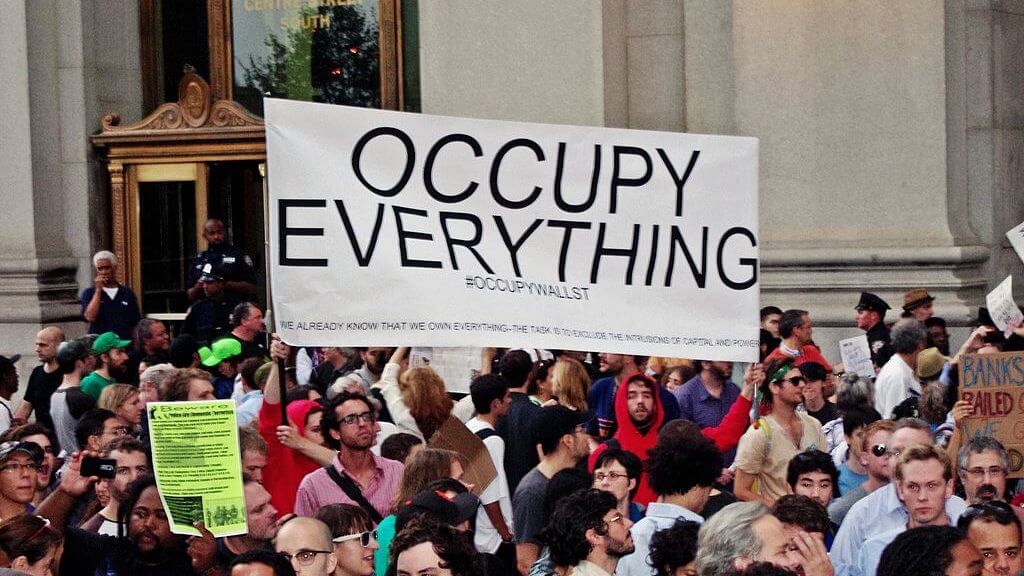
Have you ever been in a policy discussion and had a conservative bring up the fact that Nazis were socialists?
“‘National Socialism,’ it’s right there in the name!”
This is, at its heart, an attempt to poison the well against the concept of socialism. Since “socialism” has come to encompass everything from full public ownership of the means of production to the most milquetoast left-wing policies, this can be deployed as a general argument against all things left-of-center. The argument is that this broad and vague concept of “socialism” has been stained by the moral transgressions of the Nazis, and that stain extends to and pollutes everything associated with socialism.
I can see why this argument has rhetorical power. It gets to something deep in human psychology: the idea that something can be dirty, impure, or polluted by a moral transgression. Something as deeply immoral as the holocaust is so abhorent that anything it touches, however indirectly, is infected as if by a contagious disease. When someone tries to weaponize this moral pollution against people or concepts they don’t like, I call it a “moral stain argument.” (more…)
The post Against Moral Stains appeared first on The Economics Detective.
